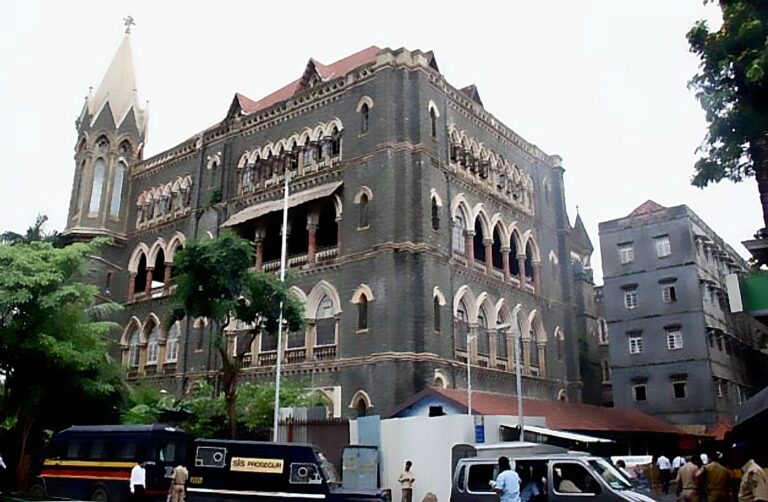In a significant judgment reinforcing the principles of natural justice, the Bombay High Court has quashed a GST refund recovery order issued against Power Engineering (India) Private Ltd, a 100% Export Oriented Unit (EOU). The Court held that the order was passed without issuing a proper show cause notice (SCN) or granting an opportunity for the petitioner to represent its case, thus violating mandatory provisions of the GST law.
Background of the Case
Power Engineering (India) Pvt. Ltd., engaged in the manufacturing and export of electronic goods, operates as a registered EOU under the GST regime. The company avails customs and IGST exemptions on imported raw materials under various customs notifications, including one dated March 31, 2003, to promote export-led manufacturing.
The company exports finished products manufactured using both imported and domestic inputs, paying IGST on export and subsequently claiming refunds under Section 16 of the IGST Act.
Dispute Over Rule 96(10) of CGST Rules
The dispute arose from the applicability of Rule 96(10) of the CGST Rules, 2017, which restricted IGST refunds on exports for entities that received inputs under tax exemption. Introduced via notification dated October 9, 2018, and omitted with effect from October 8, 2024, this rule became the basis for the department’s refund recovery action.
The tax authorities alleged that the petitioner had wrongly availed IGST refunds worth ₹6.88 crore between FY 2017-18 and 2021-22 in violation of Rule 96(10). This led to the issuance of a recovery order dated July 10, 2024, under Section 74 of the CGST Act, which deals with fraud-related cases.
Petitioner’s Legal Challenge
The petitioner, represented by counsel Mr. Bharat Raichandani, challenged the validity and procedural legality of the recovery order. He argued that the order was passed without issuing a show cause notice (SCN) under Section 73 or 74 and failed to provide an opportunity for representation, violating statutory provisions and principles of natural justice.
Though the petitioner raised broader concerns about Rule 96(10)’s validity and retrospective application, it chose not to press these arguments, focusing instead on the procedural irregularity in the issuance of the impugned order.
High Court’s Findings
The Bombay High Court carefully analyzed the communications issued by the department dated October 19, 2022, and November 7, 2023, which only sought information regarding the refund claims. These were found to be informational queries and not formal SCNs.
The Court emphasized that Section 73(1) of the CGST Act requires the issuance of a detailed SCN outlining the alleged liability and granting the taxpayer an opportunity to respond. Furthermore, Rule 142 of the CGST Rules mandates the format and procedural flow for such notices and adjudications.
The Court observed that the recovery order bypassed these mandatory procedures, violating the principle that when a statute prescribes a method, that method must be followed exclusively.
Judgment and Outcome
On identifying this procedural lapse, the Bombay High Court quashed the recovery order dated July 10, 2024, without ruling on the substantive legal questions surrounding Rule 96(10). The Court allowed the Revenue to initiate fresh proceedings, if necessary, but strictly in accordance with Sections 73 and 74 of the CGST Act, ensuring due process is followed.
Conclusion
This judgment serves as a critical reminder to tax authorities to adhere strictly to statutory procedures before initiating demand or recovery. It also reinforces the taxpayer’s right to notice and hearing before being subjected to financial liabilities. While the issue of IGST refund eligibility under Rule 96(10) for EOUs remains open, any such determination must now follow a lawful and transparent process.
Case Title: Power Engineering (India) Private Ltd vs Union of India
Court: Bombay High Court
Order Date: July 10, 2024
Relief: Recovery order quashed for procedural violation
